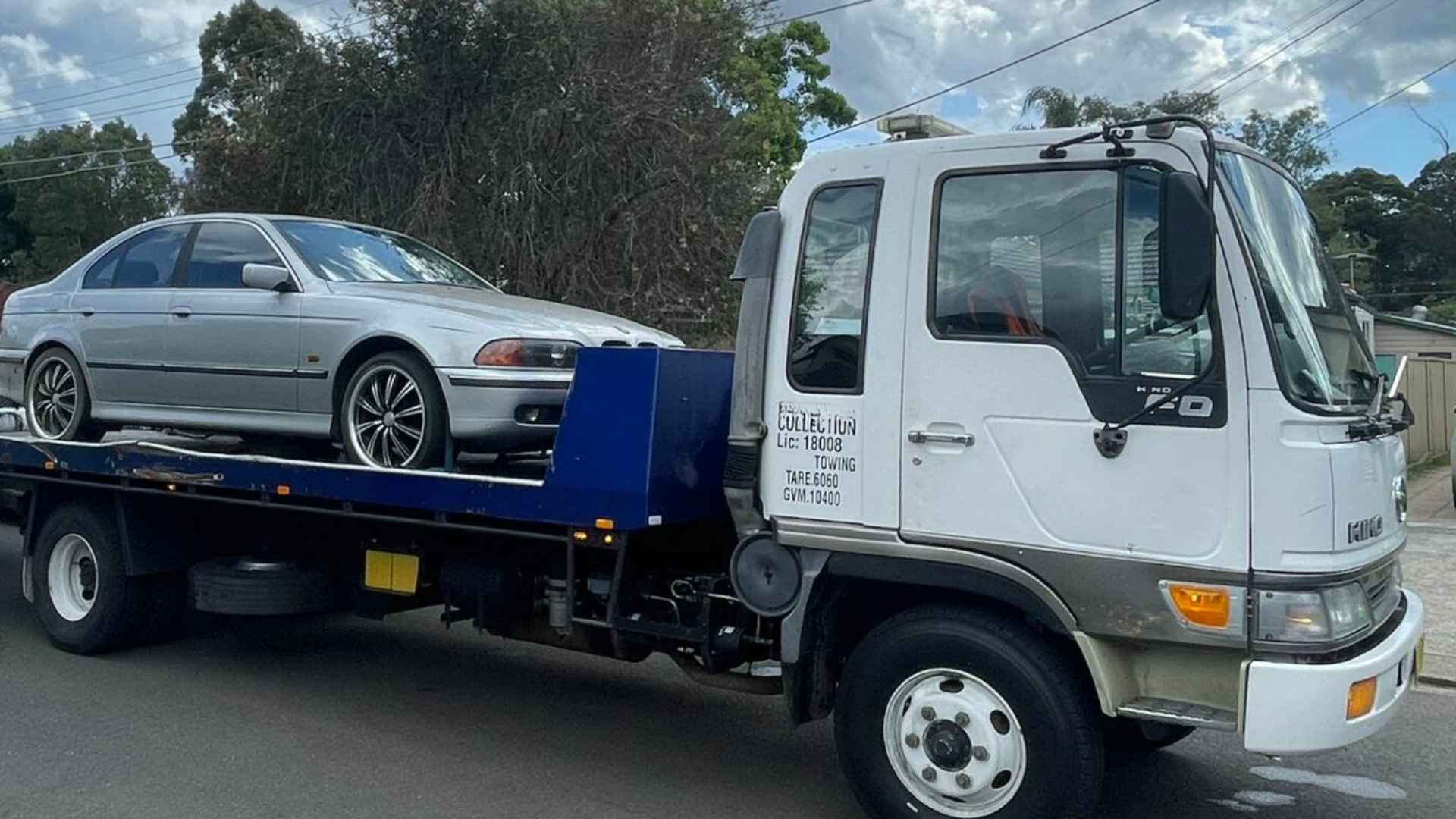Owners across the country report that once‑coveted German marques are racking up electrical gremlins, oil leaks and costly transmission work—often just after the warranty clock stops ticking. Who could this hit hardest, and what problems keep popping up? Read on for the key findings and what they might mean for your next car‑shopping trip.
Consistent patterns emerged from interviews with seasoned mechanics, warranty administrators and insurance analysts. While each automaker has its own quirks, three themes stood out: electronics that misbehave with age, drivetrains that spring fluid leaks, and repair bills that climb faster than resale values decline. Below is a quick look at the headaches owners most often mention:
- Electrical system failures (instrument clusters, power windows, infotainment)
- Engine oil and coolant leaks leading to overheating
- Transmission anomalies ranging from harsh shifts to full replacements
- Turbocharger wear on smaller, high‑output powerplants
| Brand | Mileage where issues often appear | Headline problem areas |
|---|---|---|
| BMW | 70,000–100,000 miles | Oil leaks, cooling, turbo failures |
| Audi | Post‑warranty (50,000+ miles) | Sensors, infotainment lockups |
| Mercedes‑Benz | 50,000+ miles | Electrical system malfunctions |
| Volkswagen | 60,000–90,000 miles | Transmission and electrical faults |
Wondering whether preventive maintenance can spare you the trouble? Experts say it helps, but even meticulous care cannot offset certain design flaws.
BMW battles recurring oil leaks and turbocharger failures that erode driver confidence in 2025
Long celebrated for razor‑sharp handling, BMW now finds itself dogged by seeping gaskets, cracked plastic cooling parts and faltering N20/N55 turbos. Technicians warn that skipping even one scheduled service can trigger a domino effect of overheating and costly engine teardown. Consequently, budget‑conscious motorists are steering clear of high‑mileage 3‑Series and X3 models.
Audi’s aging electronics raise costly repair stakes once the factory warranty expires
Audi’s polished cabins hide complex wiring harnesses and control modules that grow temperamental after year five. Frozen power windows, alert lights that refuse to extinguish, and MMI screen blackouts top the complaint list. Because many components are VIN‑coded, replacements demand dealership programming—pushing repair invoices well into four figures.
Mercedes‑Benz owners confront electrical gremlins after 50,000 miles despite premium reputation
Industry data show that otherwise stout powertrains can be sidelined by a single failed sensor in late‑model Mercedes sedans and SUVs. From a no‑crank condition to sporadic warning chimes, faults travel through the vehicle’s interconnected networks; tracing them often requires hours on a factory scan tool. As one adjuster put it, “The luxury is undeniable, but so is the labor rate.”
Volkswagen transmission and electrical headaches keep budget‑minded drivers at the service bay
Volkswagen’s value pitch loses steam when dual‑clutch gearboxes begin to shudder or refuse to engage reverse. Add notorious wiring corrosion around the fuse box, and owners face a double hit: pricey parts and longer shop stays. Meanwhile, independent repairers admit they sometimes refer DSG fixes back to franchised dealers, inflating overall cost of ownership.
If you crave German engineering but fear surprise expenses, weigh the total cost—including extended warranties and maintenance plans—before signing. Otherwise, consider rival models with simpler drivetrains and longer reliability records.

